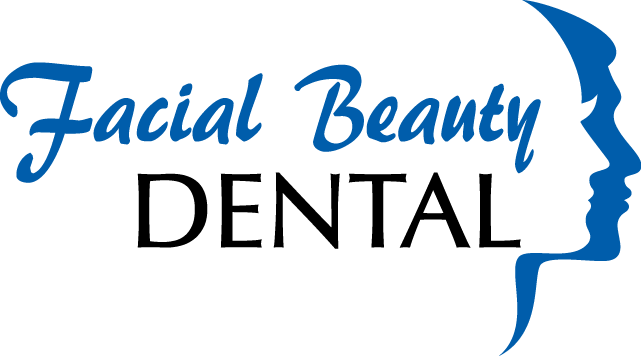ORAL DISEASE CAN LEAD TO SYSTEMIC DISEASE
Much is known about the effect of systemic disease on oral health.
Common diseases such as diabetes, herpes, cancer, osteoporosis, hypertension (high blood pressure), asthma, sinus troubles, and even pregnancy can have both direct and indirect effects on oral health. Other, more rare autoimmune diseases, such as lupus and AIDS, also manifest themselves in the mouth. (This list is far from inclusive.)
In addition, many medications have side effects that affect oral health. Some of these medications may be discussed in future blogs, but I will give you some general examples. Many medications cause drying of the mouth. This can lead to bad breath, increased tooth decay, and gum disease. Other medications cause gingival enlargement and overgrowth. Still others, cause bleeding, taste alteration, lesions, fungal and bacterial infections and so on. Osteoporosis drugs can even lead to the necrosis of the jaw. (You may visit medications and oral health for tables of medications and treatments and their affect on oral health.)
We are now learning that Oral Disease can also lead to Systemic Disease!
Many studies have found that the inflammation and bacterial byproducts of Chronic Periodontal (Gum) Disease can lead to low grade chronic inflammation processes in distant organs and systems. Although hardly exclusive, the most well know of these connections is the Cardiovascular system. Periodontal disease has been shown to be associated with increased atherosclerotic plaques, C-reactive protein, and plasma fibrinogen; all known factors in cardiovascular disease. There has been reports of increased risk of both heart attacks and strokes.
